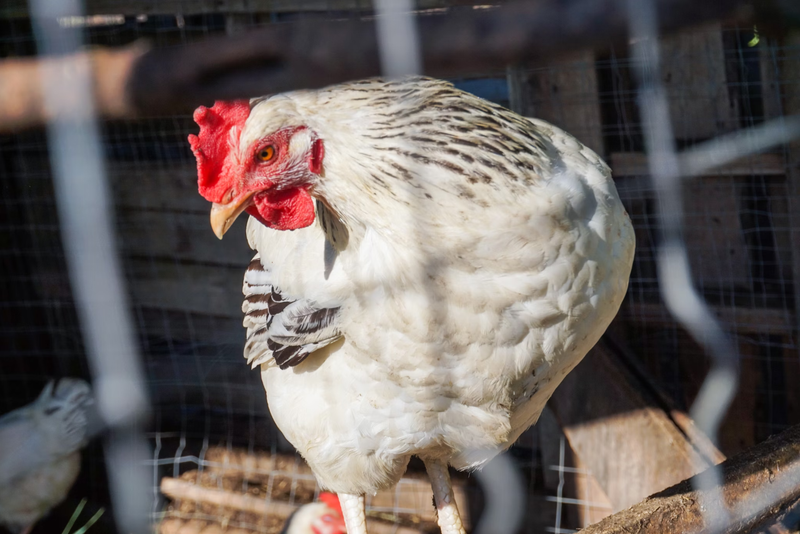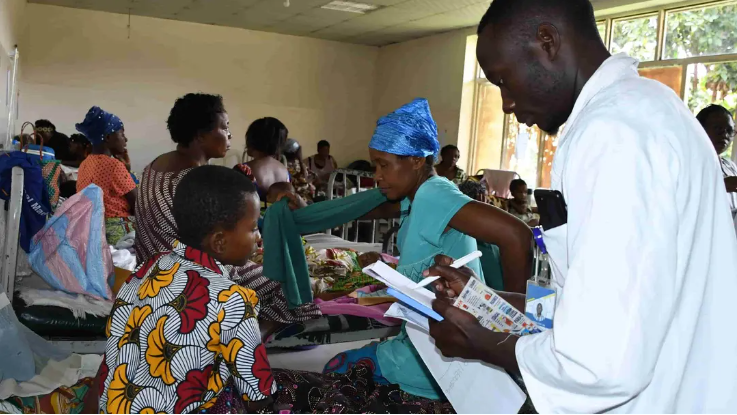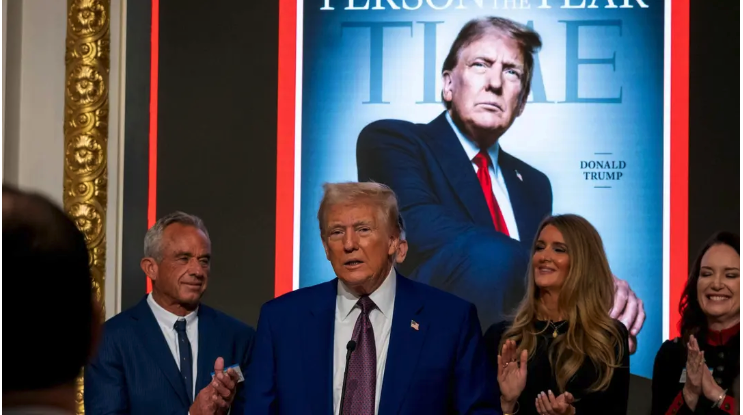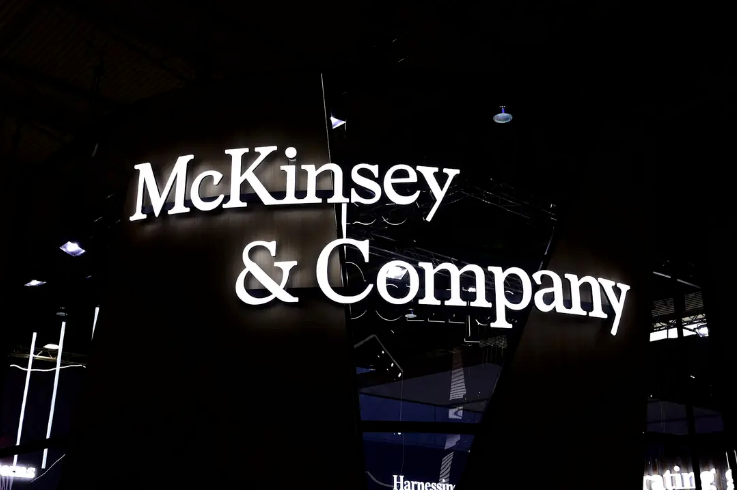HIV-Prevention Drug to Be Made in South Africa
The Indian drug company Cipla has confirmed that an affordable generic version of its HIV drug cabotegravir (CAB-LA) will be manufactured in South Africa for the first time. The twice-monthly jab is expected to lower the risk of contraction for millions of at-risk Africans.
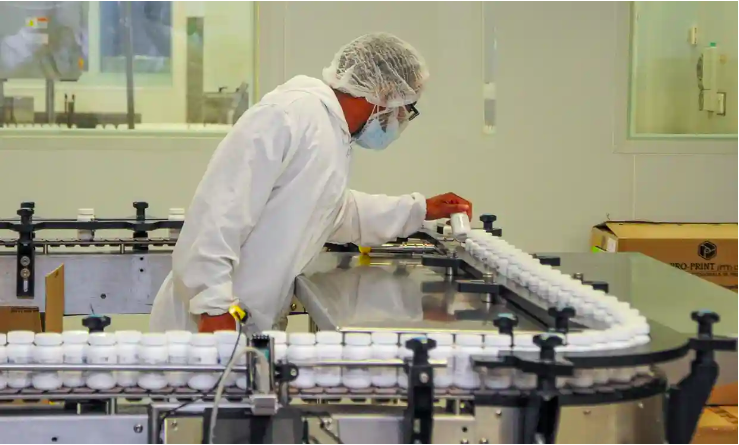
Facts
- The Indian drug company Cipla has confirmed that an affordable generic version of its HIV drug cabotegravir (CAB-LA) will be manufactured in South Africa for the first time. The twice-monthly jab is expected to lower the risk of contraction for millions of at-risk Africans.1
- The announcement comes a year after the UN's Unitaid announced the rollout of an HIV-prevention injection pilot program to provide long-lasting protection to transgender communities in Brazil and to young girls and women in South Africa.2
- In June 2022, the World Health Organization advised African nations to begin approving injectable prevention drugs as the agency observed an increase in global infections. In October 2022, Zimbabwe became the first country on the continent to approve injectable pre-exposure prophylaxis (PrEP).3
- Meanwhile, in November 2022, Botswana approved the use of injectable anti-retroviral (ARV) as a treatment for and prevention of HIV. Previous methods included a daily dose of an oral medication, which left users vulnerable to missing doses and thus contracting HIV.4
- CAB-LA, which blocks HIV from entering the body's cells and reduces the risk of contraction through sex to nearly zero, has been proven to work better than free oral medications on the market in several African countries.1
- The name brand of CAB-LA costs $3.5K in the US per injection, making it too costly for African countries to purchase, though the generic version to be manufactured in South Africa is expected to be much more affordable for African governments.1
Sources: 1Guardian, 2UN News, 3News24, and 4VOA.
Narratives
- Narrative A, as provided by BBC News. In the current upside-down world we live in, poor African countries pay up to 30 times the amount for life saving medicine than wealthy nations like the US and UK. This is in part due to the continent's history of purchasing new drugs instead of repurposed ones, but that doesn't mean international bodies can't step in to help. To avoid corrupt price gouging, the global community must cooperate with the aim of providing the best medicines at the lowest cost for poor to medium-income nations.
- Narrative B, as provided by NCBI. The COVID pandemic showed how dangerous relying on other countries for medical aid can be, which is why Africa needs a new public health order. Alongside its increased vulnerability from a lack of funding and purchasing power, it also faces hoarding of vital medications by wealthy nations and growing vaccine nationalism. Africa must strengthen public health institutions, increase investments in its healthcare, and prioritize training for the next generation of healthcare workers.



